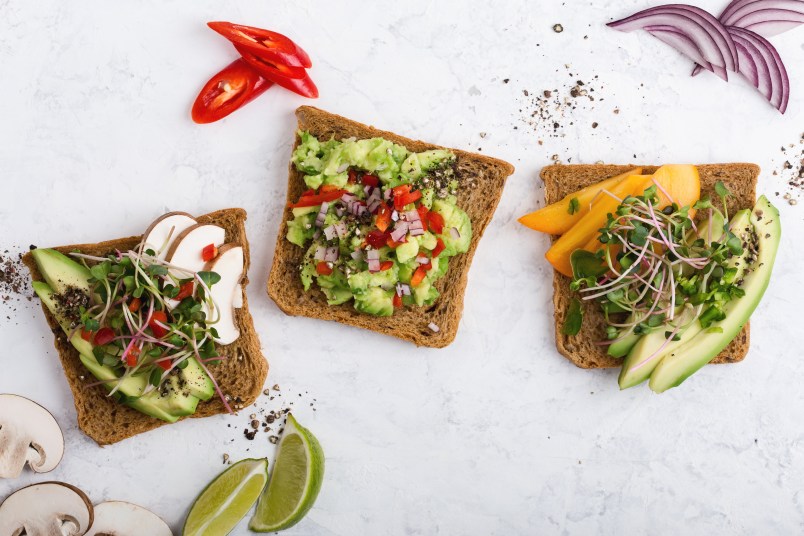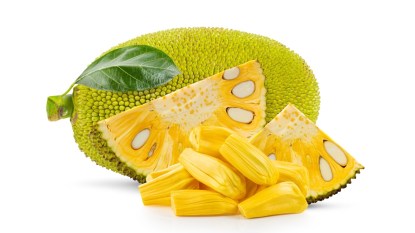4 Nutrients You Need to Prevent Vision Loss as You Age
And how to get them in your diet.

Squinting a little more than usual lately? It could be that age is getting the best of your eye sight. The good news: If you take good care of your peepers by feeding your body the right nutrients, you can strengthen your eyes, as well as prevent disease.
Many of us already know about the importance of vitamin A for eye health, but it turns out that there are a slew of other nutrients your body needs to maintain good vision. The B group of vitamins are extremely important to eye health, specifically vitamins B1 (also known as thiamine), B2 (also known as riboflavin), B3 (also known as niacin), B6, B9, and B12. These specific B vitamins have been shown to improve eye health and could prevent the onset of conditions like age-related macular degeneration (AMD), cataracts, diabetic retinopathy, and glaucoma! Read on to see what the science has to say.
Vitamins B6, B9, and B12
One study showed that subjects who took a combination of vitamin B6, B9 (folate), and B12 were 34 percent less likely to develop age-related macular degeneration (AMD), while another showed that the same combination resulted in lower levels of a protein homocysteine, which is associated with inflammation and an increased risk of developing AMD.
You can up your intake of B12 with foods like animal livers, beef, sardines, clams, salmon, nutritional yeast, and eggs. Food sources of folate include dark leafy greens, beans, sunflower seeds, and whole grains. And you can get more B6 by eating more pork, fish, poultry, wholegrains, and eggs.
Thiamine
Thiamine has been associated with a lower risk of developing cataracts. Results from one observational study suggest that a diet high in thiamine could reduce your risk of developing cataracts by as much as 40 percent. What’s more, other studies also suggest that thiamine could be an effective treatment for diabetic retinopathy (or diabetes-related vision loss/impairment). You can take thiamine as a supplement, or get it naturally by eating more whole grains, fish, and some meat like beef and animal livers.
Riboflavin
Riboflavin is an antioxidant which has also been shown to prevent the onset of cataracts. One particular study found that when subjects’ diet’s included 1.6 to 2.2 mg of riboflavin per day, they had a 31 to 51 percent decreased risk of developing cataracts when compared with those consuming 0.8 mg of riboflavin. That’s impressive! To up your intake of riboflavin, eat more oats, milk, yogurt, and fortified cereals.
Niacin
Niacin also has antioxidant properties that help to keep your eyes healthy, and may even help to prevent glaucoma. Results from recent studies suggest that niacin helped reduce glaucoma risk by preventing damage to the optic nerve, while other research suggests that low dietary intake of niacin was associated with glaucoma. Too much niacin can negatively impact your eyes, though, so try to get more of it from natural food sources like fish, mushrooms, beef, poultry, and legumes.













